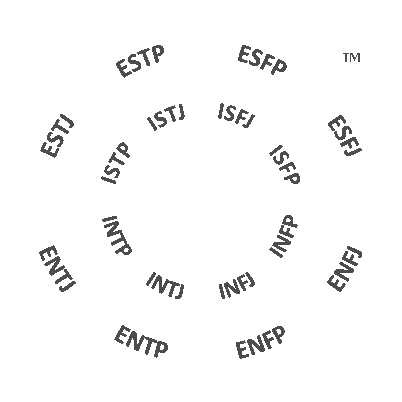This style involves taking action using logical analysis - e.g. selling a product or constructing a table.
This style involves taking action using important values - e.g. performing a piece of music or teaching a practical subject.
This style involves introducing change using important values - e.g. being an advocate in social work or running a culture change programme.
This style involves introducing change using logical analysis - e.g. developing a new business or providing management consultancy.
This style involves building relationships based on insights or vision - e.g. improving teamwork or building a society or community.
This style involves building relationships using information or experience - e.g. looking after customer satisfaction or employee welfare.
This style involves organising things based on insights/vision - e.g. improving a team's efficiency or designing business processes.
This style involves organising things using information or experience - e.g. managing an office or administering an insurance claim.
This style involves analysing what is correct using facts - e.g. identifying the cause of a car breakdown or understanding an electrical circuit.
This style involves identifying what is important based on facts - e.g. selecting ingredients for a menu or overseeing safety in a swimming pool.
This style involves analysing the correct possibilities for change - e.g. researching scientific or technological principles.
This style involves identifying what is important when things change - e.g. editing a publication or counselling a patient.
This style involves developing vision using important values - e.g. teaching media studies or leading a church.
This style involves clarifying information using important values - e.g. curating exhibits in a museum or getting to know customers.
This style involves developing vision using logical analysis - e.g. conducting market research or designing computer systems.
This style involves clarifying information using logical analysis - e.g. inspecting accounts or investigating a crime.

This profile is based on research with 17,000 people already in careers. The optional Careers Report compares your personality with over 100 careers.